The bee's "bread" and its benefits
The treasure of bees
The pollen comes from various flowering plants and is harvested with pollen traps when the bee enters the hive. Of course the amount of pollen that the beekeeper takes is only a part of what a bee collects in total, and not all.
The largest amount is eaten by young bees and is rich in protein and nutrients. It is considered the 'bread' of the bee. It comes from the insectophile pollen and not from the anemophilus that causes allergies.
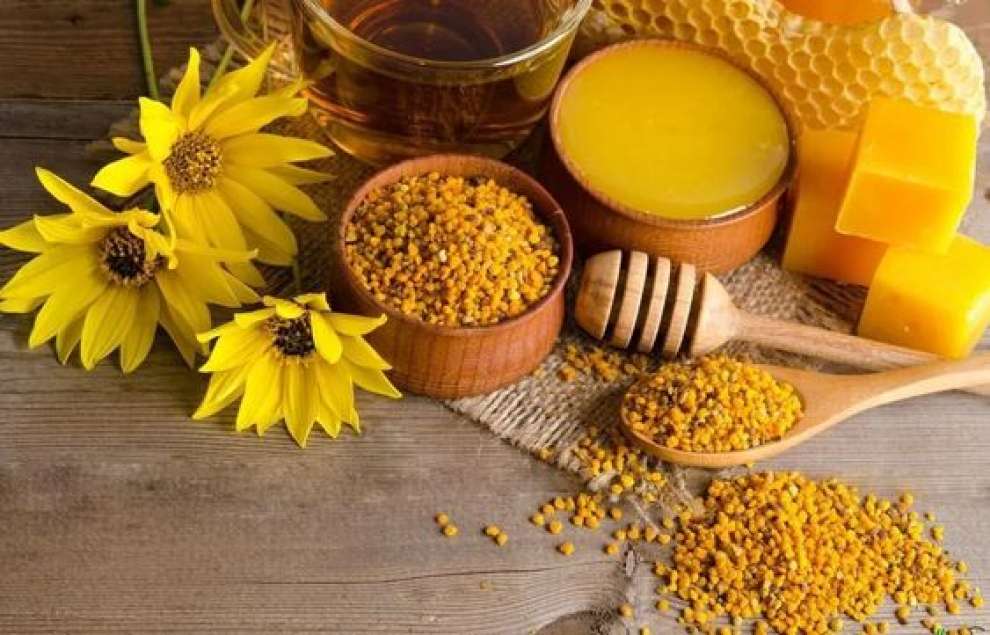
Pollen is the most complete nutritional supplement and at the same time a source of antioxidants, prebiotics and probiotics.
Pollen contains:
- Proteins (all the essential amino acids and in the ideal ratio).
- Sugars (but not calories as the amount we take in daily is very small, a full tablespoon contains 45 calories).
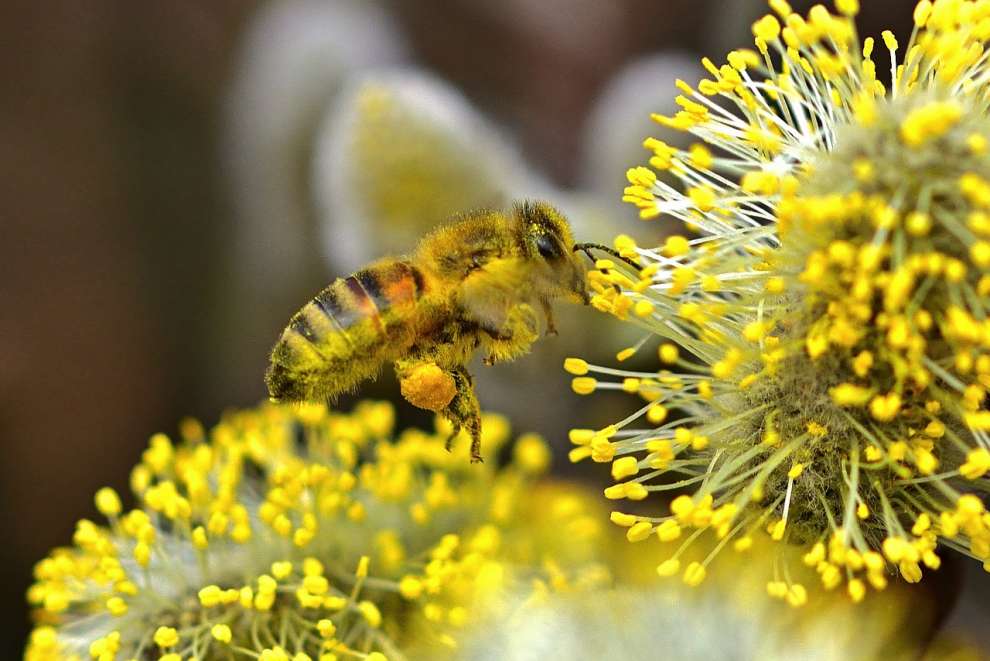
- Lipids
- Lecithin (important for fat metabolism)
- Macroelements and trace elements
- Vitamins C, E, the whole complex of B vitamins
- Flavonoids (excellent antioxidants and antimicrobials), including rutin, also known as vitamin P
- Carotenoids
- Nucleic acids and nucleotides
- Enzymes
- Growth factors
- Beneficial microorganisms (probiotics)
- P-coumaric acid (activates the body's detoxification system)
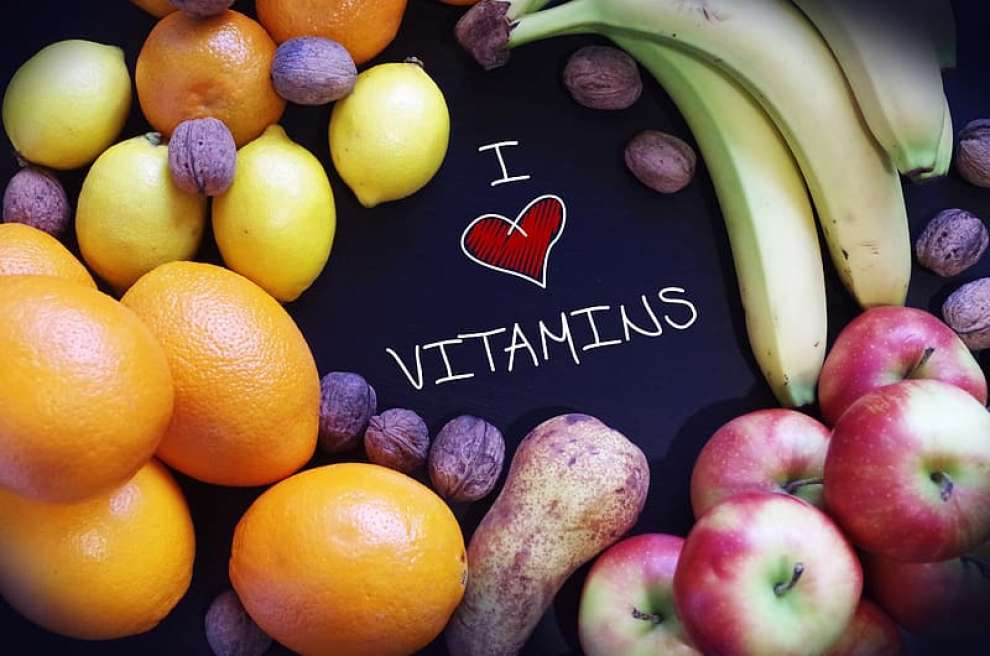
What does pollen offer to health:
- Improves physical and mental function, increases the ability to work, soothes the nerves and fights insomnia and even depression.
- Routine, also known as vitamin P, contains the walls of blood vessels. It also protects the prostate from inflammation, hyperplasia and malignancies.
- It strengthens the immune system and promotes the detoxification of the body.
- Improves the digestion of other foods and regulates intestinal function. Promotes beneficial gut microbes (probiotics) and fights pathogens that cause nutritional disorders and metabolic syndrome.
- Reduces bad (LDL) and increases good (HDL) cholesterol. Reduces high cholesterol and triglycerides.
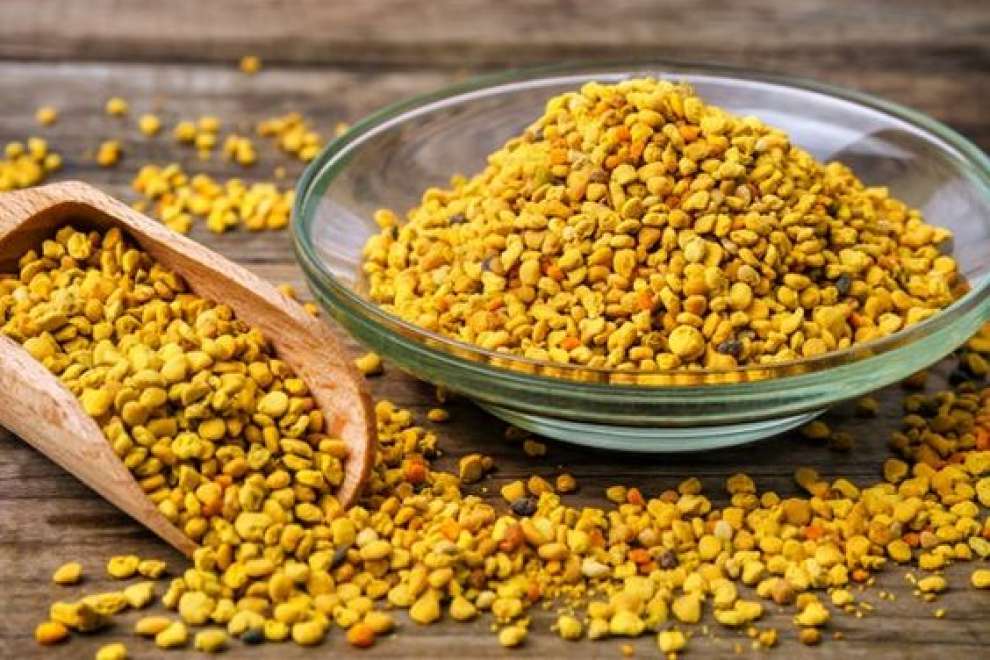
- It is also used successfully against obesity (increases metabolism, gives a feeling of satiety, provides essential nutrients). Enhanced metabolism leads dieters to natural weight loss and helps everyone maintain a healthy weight. Faster metabolism leads to faster weight loss and easier maintenance of the ideal weight. And against anorexia nervosa (stimulates the tired body, replenishes nutrients).
- Used against anemia.
- Regulates blood pressure and endocrine glands.
- Used against allergies to inhaled pollen and other allergies.
- It is used against the symptoms of menopause alone or in combination with royal jelly.
- Stimulates libido (erotic mood) and increases fertility.
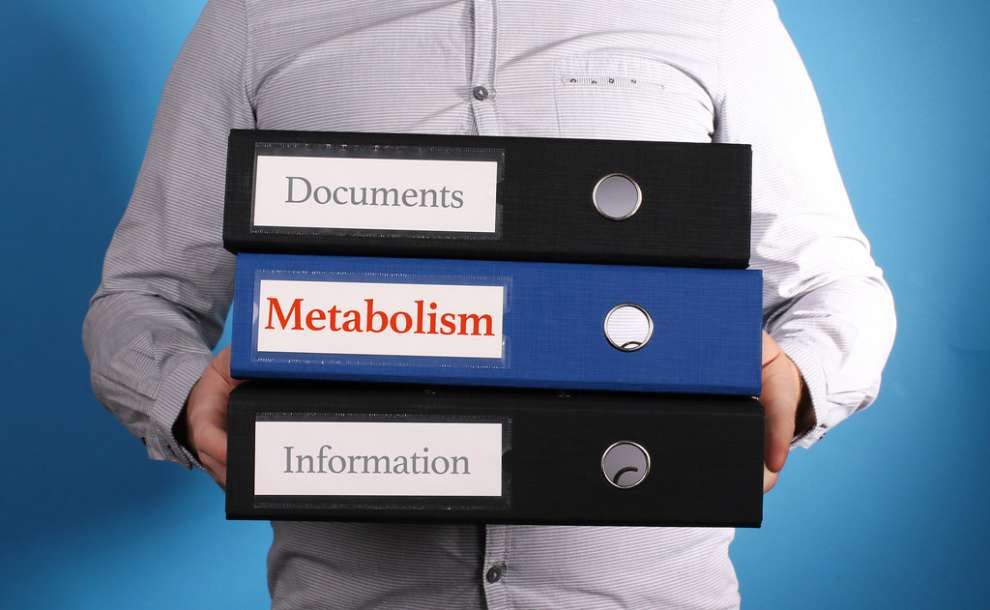
Since 1948, scientific studies have reported that it protects against cancer and has a positive effect on longevity and well-being.
Necessary for athletes to perform well.
Regulates female hormones, but also the hormones in men.

It is usually consumed as it is or with honey. Start eating from a teaspoon and increase within a week to a tablespoon. For children, we start from half a teaspoon to one teaspoon respectively. Athletes and those who are engaged in intense activity and manual work, can take double or triple dose in one day. We take pollen daily for at least 4 months as a dietary supplement or for as long as needed depending on our needs.
Allergy to pollen consumption affects only one in 2000 people and has nothing to do with inhaled pollen which causes allergies. If unpleasant symptoms appear after consuming pollen (itching in the mouth, rash, nausea, diarrhea), stop taking pollen and consult an allergist.
Ask your doctor during pregnancy.

 English
English
 Ελληνικά
Ελληνικά Русский
Русский






 Posted by
Isabella Ziova
Posted by
Isabella Ziova






